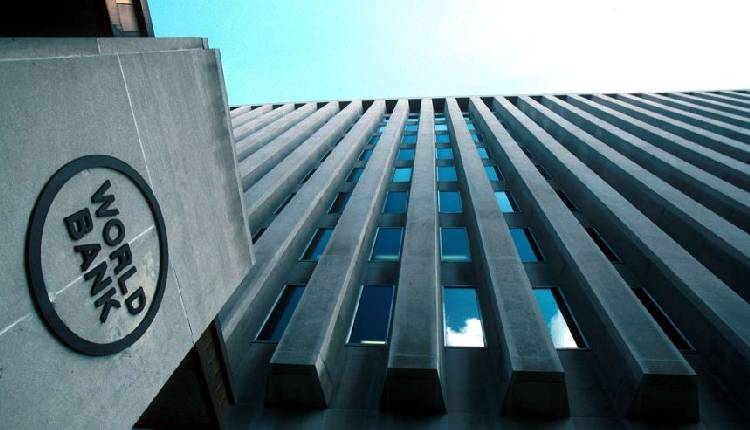The World Bank and European Investment Bank have provided $260,000 in technical assistance to the City of Kinshasa to address rapid urbanisation and climate challenges.
This funding, part of the City Climate Finance Gap Fund, aims to explore and implement nature-based solutions to enhance urban climate resilience, sequester carbon emissions, and deliver socio-economic benefits.
Kinshasa, one of Africa’s largest cities with over 15 million residents, is expanding rapidly by approximately 2,000 people and five hectares daily.
This growth, largely informal, has led to the replacement of green spaces with concrete and metal, exacerbating issues such as flooding, soil erosion, and higher urban temperatures.
The Gap Fund’s assistance will help identify and integrate specific nature-based solutions to mitigate these challenges.
The initiative involves collaboration between the City of Kinshasa, the Department of Urban Development, the Ministry of Public Works, World Bank specialists, and consultants from Groupe Huit, ARTER, and VSI Afrique.
This effort builds on the World Bank-financed Kinshasa Multisector Development and Urban Resilience project and previous support from the Global Program on Nature-based Solutions for Climate Resilience at the Global Facility for Disaster Reduction and Recovery (GFDRR).
Attribution: The World Bank
Subediting: M. S. Salama


